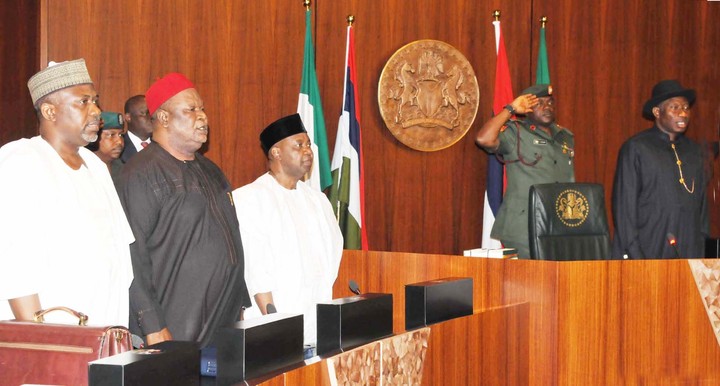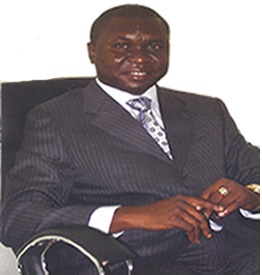Finance Minister Nhlanhla Nene says major structural shifts to the economy are being implemented in order to accelerate growth.
Addressing the National Assembly when he tabled the Medium Term Budget Policy Statement (MTBPS), the Minister said the economy had reached a turning point that requires that interventions be made across key sectors to contribute towards a capable developmental state, a thriving business sector and strong civil society.
He said these changes were set out in the Medium Term Strategic Framework (MTSF), which is government’s plan of action over the next five years.
“The MTSF includes programmes aimed at improving our competitiveness, particularly in new areas such as oil and gas development, renewable energy and green technology.
“It recognises the need to support job creation through sector-based interventions, employment incentives, the expanded public works programme and the Jobs Fund,” he said.
Minister Nene also said the structural shifts, which are currently underway, include:
– Helping companies in the manufacturing sector to enhance their competitiveness and upgrade equipment through the Industrial Policy Action Plan. This is a new framework for special economic zones that allows for targeted incentives, logistics improvements and active partnerships between businesses, municipalities and development agencies;
– Better links between emerging farmers and produce markets need to accompany an improved alignment between land reform and agricultural support programmes. South Africa has seen an increase of maize and livestock production this year, and exports in citrus, wine and horticulture products have also gone up notably;
– South African firms expanding their footprint into Sub-Saharan Africa through investments and business partnerships, giving impetus to both regional development and export growth;
– About 60 wind and solar projects – the largest in the world. The independent power producer programme will be extended to include 2 500 megawatts of coal projects and 800 megawatts of cogeneration projects that will be connected into the national grid;
– Major transformative investments in the transport and communications sector, where the Passenger Rail Agency of South Africa has concluded a R53 billion contract to replace over 500 commuter trains over the next ten years;
– The twin peak reforms in the financial sector to improve consumer protection and safeguard investments are underway. These will include attention to unfair lending and debt recovery practices and initiatives to encourage saving.
“These are areas of structural transformation … that involve investment and change across the economy as a whole, bringing together the public and private sectors, civil society and local initiatives,” the Minister said.
He said the MTSF was aimed informing spending patterns across key priority objectives, which includes improving the quality of the country’s education system and health services, building capacity and strengthening accountability in the public sector, and reshaping the country’s spatial landscape that will include investment in dynamic city development, integrated housing and transport programmes and support for small business activity and job creation in both urban and rural areas.



